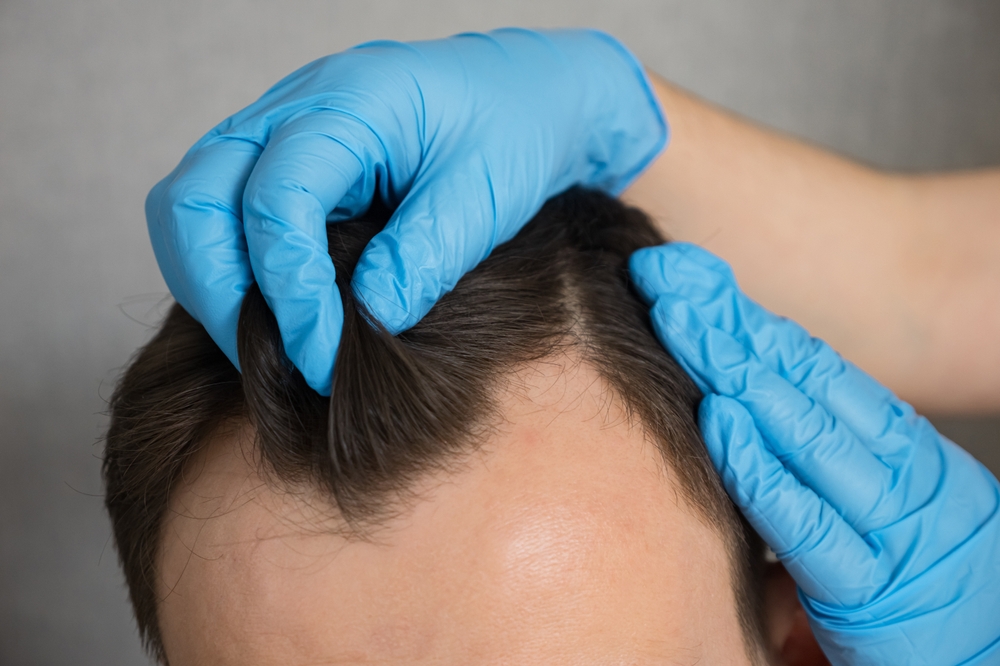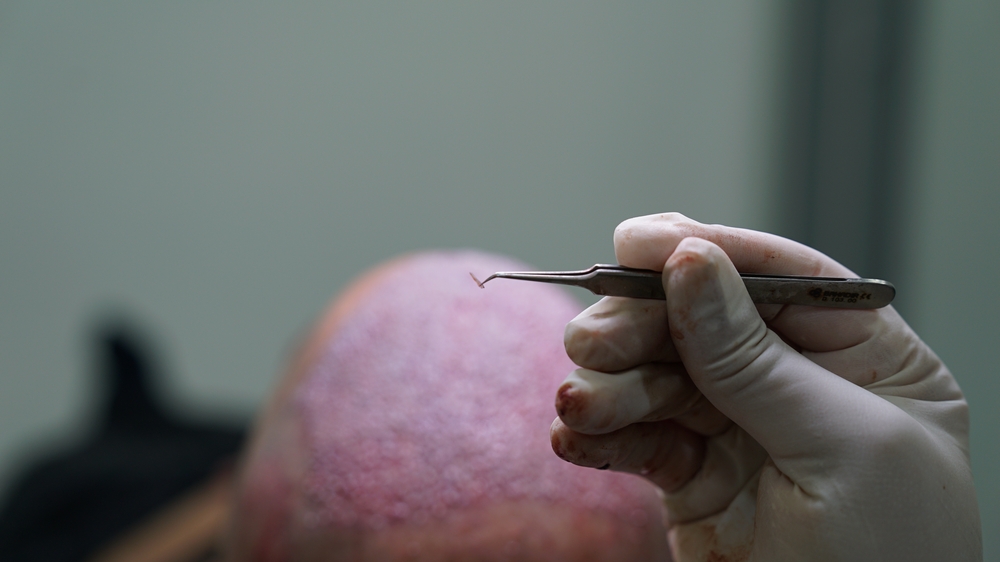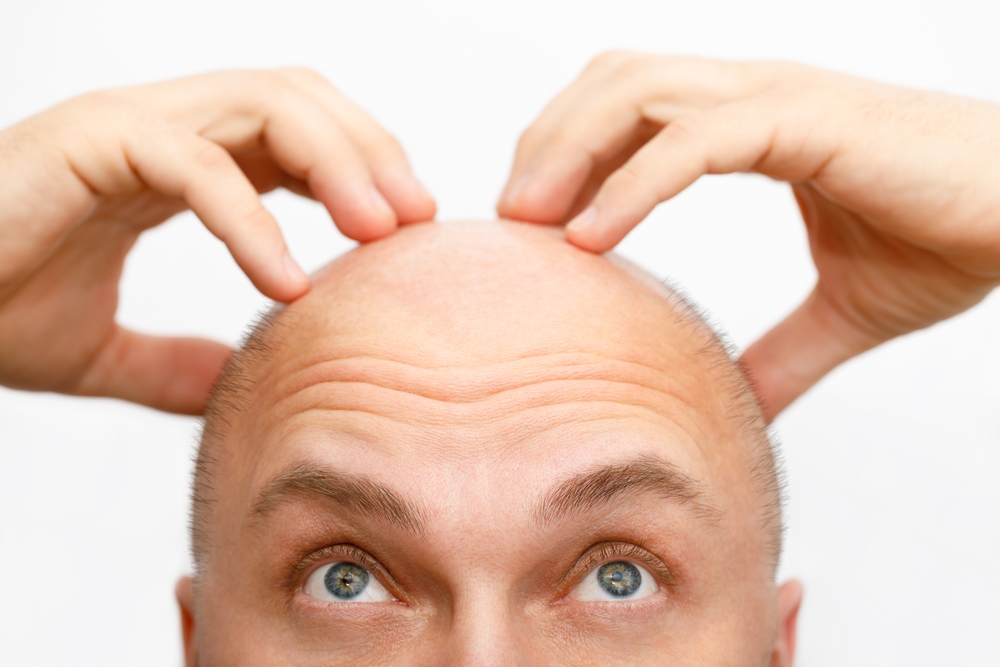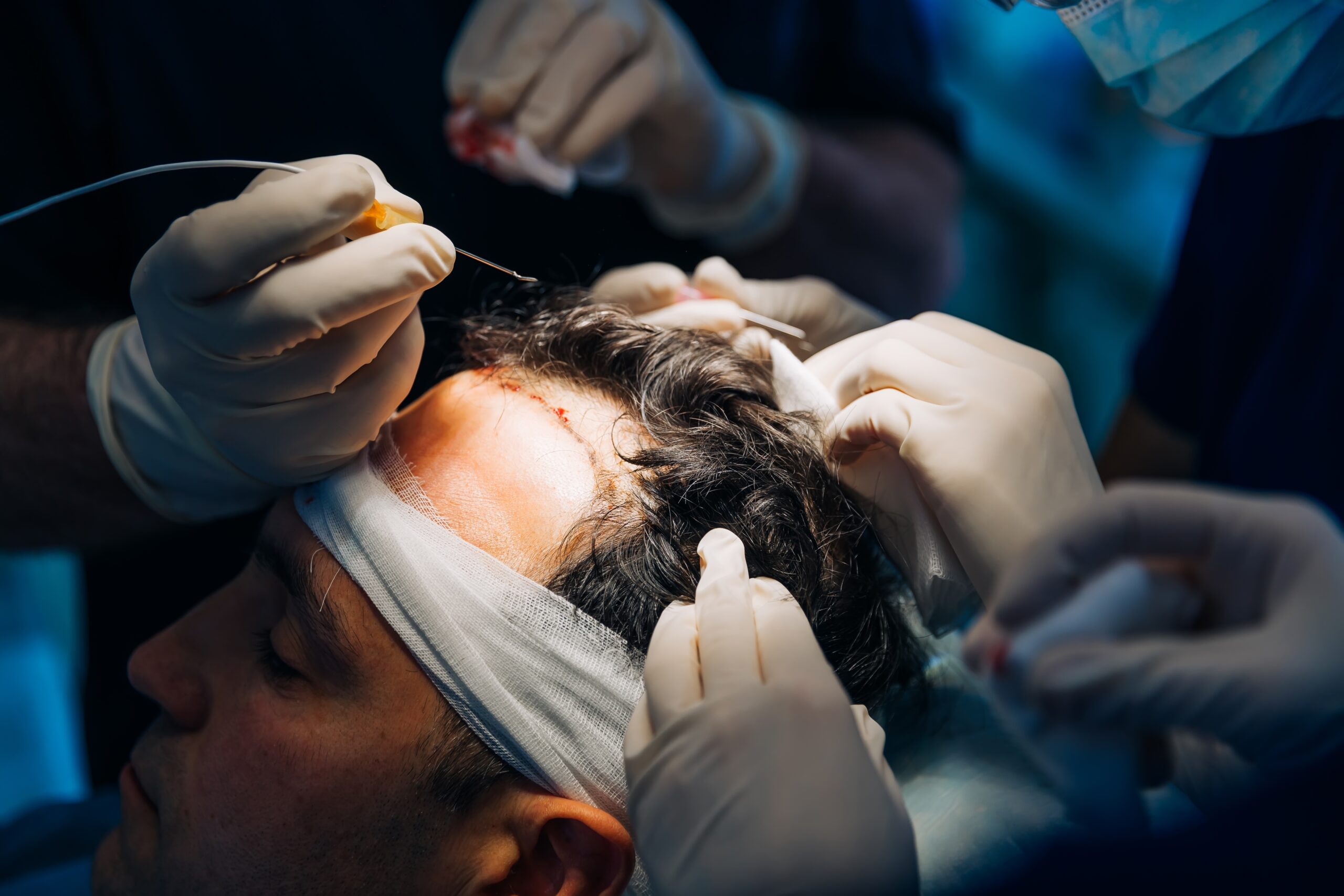The best age for a hair transplant can vary from person to person and depends on several factors.
Here are some considerations to keep in mind when determining the ideal age for a hair transplant…
- Pattern of hair loss – The most common cause of hair loss in men is male pattern baldness, which typically begins in the late teens or early twenties and progresses over time. Wait until the pattern of hair loss stabilizes before considering a transplant. Transplanting hair too early may not provide long-lasting results, as hair loss may continue.
- Age-related factors – While there is no specific age limit for a hair transplant, it is highly recommended for individuals who are in good overall health. Younger individuals tend to have better healing and recovery capabilities, which can be advantageous. While older individuals can also undergo hair transplants successfully if they meet the necessary criteria.
- Psychological impact – Hair loss can have a significant psychological impact, and you may choose to undergo a hair transplant at a relatively young age if it affects your self-esteem and quality of life. Have realistic expectations and consult with a qualified surgeon to determine if a transplant is appropriate.
- Donor hair availability – The success of a hair transplant relies on having an adequate supply of healthy donor hair, typically from the back and sides of the scalp. If you have minimal donor hair available, you may need to wait until a certain age when your donor hair is stable and can be used effectively.
- Consultation with a specialist – The best way to determine the right age for a hair transplant is to consult with a qualified hair transplant surgeon or dermatologist. They can assess your specific situation, evaluate your hair loss pattern, and provide personalized recommendations based on your unique needs and goals.
There is no one-size-fits-all answer to the best age for a hair transplant. It depends on individual factors such as the pattern and stability of hair loss, overall health, and psychological impact. Consulting with a medical professional who specializes in hair restoration is essential to make an informed decision about when to undergo a hair transplant.





